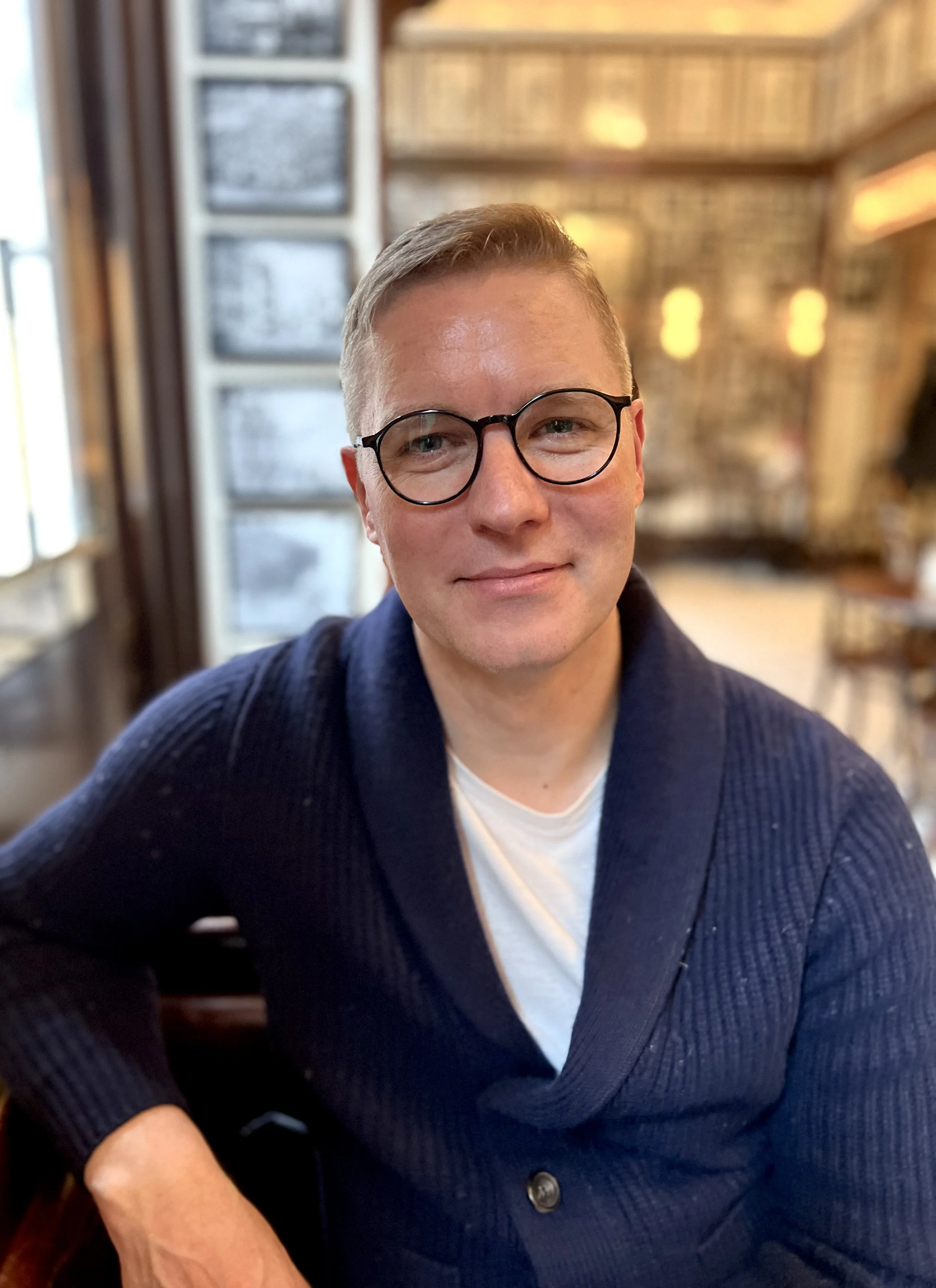
Psychotherapy for Individuals and Couples
Helping individuals and couples achieve meaningful change
You're exhausted from the repeated conflicts, tired of feeling unheard, and drained from showing others you’re fine on the outside, while inside you feel very different.
You yearn for more closeness, more connection, and greater trust in yourself and others. You want something to shift, not just on the surface, but in a way that feels real and lasting, but you don’t know where to start.
How I Work
Therapy with me is a conversation, and you don’t need to start with all the answers. I’ll ask about your experiences, thoughts and feelings, and share my responses and thoughts as well.
Together, we figure out what's not working, where you want to be, and how to get you there. We meet weekly and build a relationship that becomes the foundation for change.
Everyone is unique; I don’t offer step-by-step plans or manualised therapy such as CBT. Instead, we explore the patterns, beliefs, and emotional rules that quietly shape how you live and relate.
What Brings People Here
People I work with often describe feeling:
Stuck in overthinking
Anxious, tense, or unable to switch off
Guilty when they talk about their own needs
Drained from taking responsibility for others
Frustrated by having the same arguments, repeatedly
Overly self-critical, stuck between striving and exhaustion
Disconnected in relationships, either holding too much or feeling unseen
They want to feel calmer and more connected, but not by pretending. They want real change, not perfection, but peace.
About Me
Before training as a psychotherapist, I worked in the corporate world and spent over a decade in the arts as an acting coach. Both experiences taught me about performance, pressure, expectation, and about what people show and what they hide.
As a gay man, I understand what it means to navigate belonging and identity, to adapt in ways that help you fit in, but sometimes cost you a sense of who you are. I welcome clients from all backgrounds and identities. What matters most is that you feel understood.
Locations
I work online as well as from practice rooms in Greenwich and Central London:
19 Nassau St, London W1W 7AF (near Tottenham Court Road tube)
Linear House, Peyton Place, Greenwich, London SE10 8RS (near Greenwich DLR/overground)
Fees & Availability
Individual therapy: £85
Couples therapy: £120
I currently have availability for new clients.
Get in touch
Please feel free to get in touch with any questions you may have about starting therapy with me: alex@alexvendittelli.com
Qualifications and Training
Transactional Analysis Psychotherapy, psychodynamic theory, and attachment-informed perspectives, are the main theoretical models I draw on, but I don’t work from a manual. Therapy is not a script. It’s a process of discovering what makes sense for you.
MSc Transactional Analysis Psychotherapy (Metanoia Institute)
Certified Transactional Analyst (CTA) (EATA)
Diploma Psychotherapeutic Counselling
Advanced Certificate in Relationship Therapy
